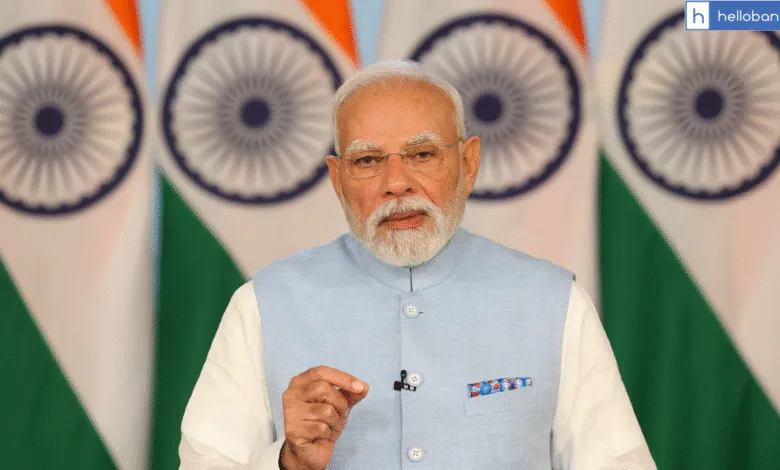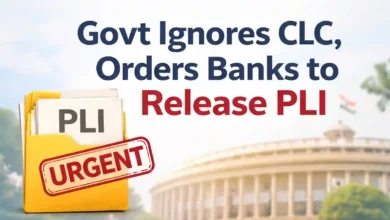Prime Minister Modi addressed the Nation on Navratri and GST Reforms, Read Full Speech

Prime Minister Shri Narendra Modi addressed the nation through video conferencing today. He wished all citizens a happy Navratri, the festival dedicated to Goddess Shakti. He said that from the first day of Navratri, India is taking an important step in the Aatmanirbhar Bharat (self-reliant India) campaign. Starting from sunrise on 22nd September, the country will implement the Next Generation GST reforms. Shri Modi also announced the GST Bachat Utsav (Savings Festival), which will help people save money and make it easier to buy daily items. He said the benefits will reach everyone—poor, middle class, youth, farmers, women, shopkeepers, traders, and entrepreneurs. He wished happiness and prosperity to every household and said these reforms will boost India’s growth, simplify business, attract investments, and help all states develop equally.
History of GST in India
Shri Modi recalled that India first introduced GST in 2017. Before GST, India had many taxes like Octroi, Entry Tax, Sales Tax, Excise, VAT, and Service Tax. Transporting goods across states was very difficult because of many rules, checkpoints, and forms. He shared a story from 2014, when a company found it easier to send goods from Bengaluru to Europe and back to Hyderabad, rather than directly from Bengaluru to Hyderabad, due to complicated taxes. He said such problems affected millions of businesses and citizens, and the extra costs were paid by the people.
One Nation-One Tax
Shri Modi said that after 2014, the government worked hard to simplify taxes and introduced GST. The Centre and all states worked together to make a uniform tax system, freeing the country from many taxes. This achieved the dream of One Nation-One Tax.
Next Generation GST Reforms
The Prime Minister said reforms are ongoing, and India needs next-generation GST to meet current and future needs. Under the new system, most items will be taxed at only 5% or 18%. Many daily items like food, medicines, soaps, toothbrushes, toothpaste, and insurance will be tax-free or taxed at 5%. Items previously taxed at 12% are now mostly in the 5% bracket, making them cheaper.
Benefits for Middle Class and Poor
Shri Modi highlighted that over the last 11 years, 25 crore Indians moved out of poverty and formed a new middle class. The government has made income up to ₹12 lakh tax-free, and now reduced GST provides more relief. People will spend less on things like houses, vehicles, home appliances, and travel. Shopkeepers are passing these savings to customers, and some shops are showing prices before and after the GST reduction.
Savings for Citizens
Shri Modi said that combining income tax relief and GST cuts will save more than ₹2.5 lakh crore for citizens. This is why he called it the GST Bachat Utsav.
Support for Small Businesses and Manufacturing
The Prime Minister said small and medium businesses (MSMEs) are very important for India’s growth. Lower GST and simpler rules will help them sell more and pay less tax. He asked industries to produce high-quality goods in India, boosting the country’s reputation globally.
Promoting Swadeshi and Self-Reliance
Shri Modi encouraged people to buy and sell Indian-made products. He said Swadeshi will help India grow and become self-reliant. He asked state governments to support local manufacturing and make their regions investment-friendly. When the Centre and states work together, India can become a developed nation.
The Prime Minister concluded by wishing everyone a happy GST Bachat Utsav and a joyful Navratri. He said these reforms and festivals will bring happiness, savings, and growth to every household in India.
